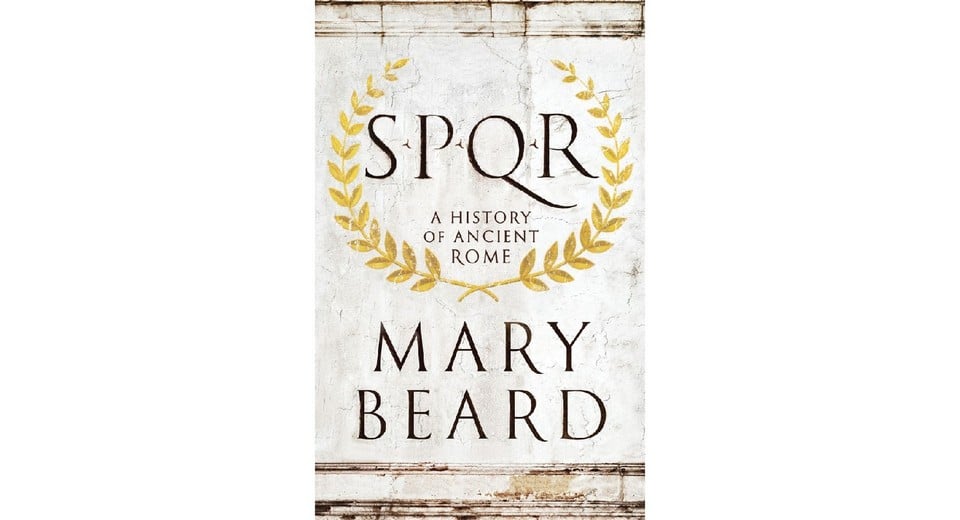

But expansion put great power in the hands of individual commanders.

The majority of surviving accounts of early Roman history date from Cicero’s time and later, several hundred years after the city’s alleged foundation, but Beard is a wonderfully lucid guide to its murky beginnings, shining a spotlight on dark corners of the Roman forum and the disturbing frequency with which stories of sexual violence (the rape of the Sabines, the rape of Lucretia, the almost-rape of Verginia, averted only by her death) punctuate Rome’s political history.Īt what point did Rome make the transition from being a rather undistinguished settlement on the river Tiber, poorer and less well connected than many of its neighbours, to being a superpower in embryo? As Beard makes clear, the empire was generated partly through the exaction of military services (rather than tribute) from subordinate allied communities, yielding a huge reserve of armed force, and in part through the competitive ideology of the Roman elite – every senator dreamed of processing through Rome at the head of a victorious army. Was Cicero right in ordering that Catiline and his associates be executed without trial? Beard underlines the difficulties of working out what actually happened, but she also highlights what was at stake, both in Cicero’s own time and later. Catiline has served as a byword for subversion, but he has also been rehabilitated as a champion of the dispossessed – or at least as the symptom of a broken system rather than an incarnation of evil. Cicero’s speeches against Catiline have been a staple of classical education and a reference point for political orators.

Mary Beard’s masterful study of Roman history begins with a dazzling account of one such man, Cicero, in the year he held the consulship (Rome’s most prestigious office) and the state faced a terrible political crisis, as a conspiracy led by a renegade Roman aristocrat was uncovered. Yet there are individual Romans who have long been familiar. While the lives of the vast majority remain inaccessible to us, the epitaphs of an African ex-slave who ended his days in northern Britain, or a musician from Asia who met a premature death in Rome, give tantalising glimpses of human mobility in the multicultural world of Roman imperial rule. T hanks to the sophisticated work of archaeologists, we now know more than ever about the diets, health and housing of Roman-era communities from Syria to the German frontier zone.


 0 kommentar(er)
0 kommentar(er)
